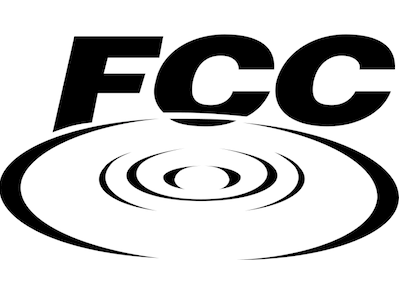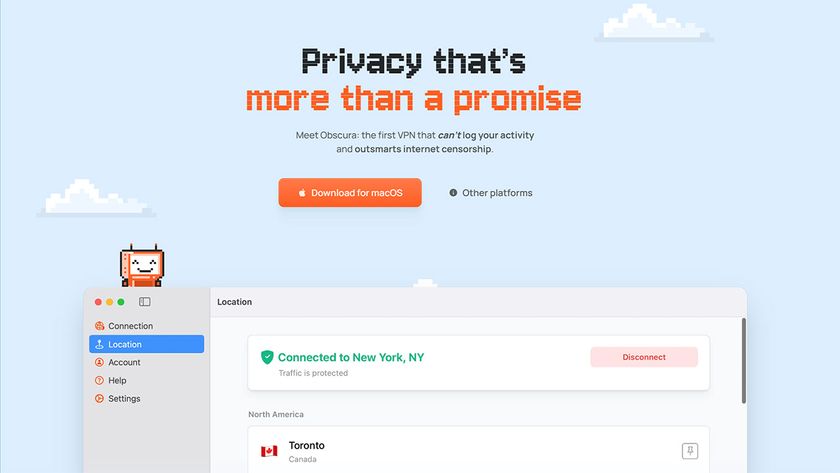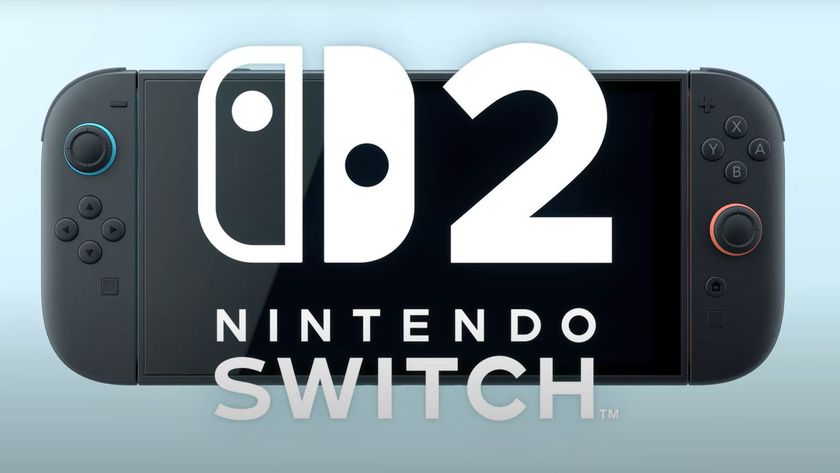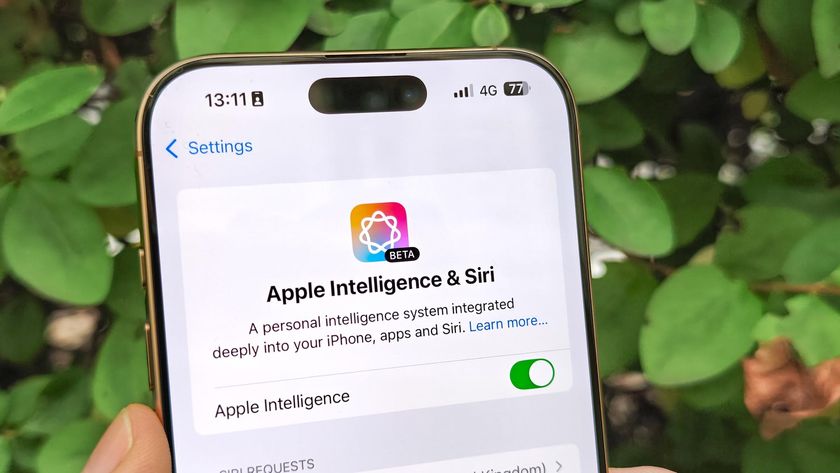FCC Net Neutrality Proposal Attempts Compromise
The Federal Communications Commission has proposed new rules regarding net neutrality, but it will not satisfy either side perfectly.


The Federal Communications Commission has proposed new guidelines regarding "net neutrality," which theoretically forbids Internet providers from favoring traffic to certain websites over others.
To give a bit of background, large cable Internet providers, such as Comcast, Verizon and Time Warner, believe that they have the right to provide faster, more reliable connections for certain Internet sites if those sites pay for a higher level of service. That's what happened in a recent deal between Netflix and Comcast, in which Netflix has paid for better access to Comcast's data network. (As a result, Netflix streaming speeds are up 65 percent since the deal began in February.) Proponents of net neutrality believe that this practice would stifle free expression online, and direct users preferentially toward whatever the broadband companies want them to see - be it sites that have paid for better access or the broadband providers' own competing services.
MORE:Top 10 Online Streaming Video Services
Following a January court case in which the U.S. Court of Appeals in Washington, D.C., ruled in favor of the broadband companies, largely on procedural grounds, the FFC has been attempting to hammer out guidelines of its plan, called The Open Internet. The FCC wants guidelines that will appease cable companies while protecting an open Internet as much as possible. Its latest proposal is not perfect for either side, but may prove conciliatory enough to garner support on both sides.
FCC Chairman Tom Wheeler did issue a statement today (April 24) saying that the latest proposal would forbid broadband providers from blocking websites or purposely throttling them. In theory, this would ensure that Internet users could still access any content they desired without undue restrictions.
"To be clear," Wheeler wrote in an FCC blog post, "[No] legal content may be blocked … [Internet service providers] may not act in a commercially unreasonable manner to harm the Internet, including favoring the traffic from an affiliated entity."
Despite Wheeler’s assurances, the proposal might allow providers to manage traffic more efficiently for sites involved in business relationships with cable providers. The FCC will allow this only under terms that would be "commercially reasonable" for all parties involved, although the FCC itself would get final say over which arrangements meet that criteria.
Sign up to get the BEST of Tom's Guide direct to your inbox.
Get instant access to breaking news, the hottest reviews, great deals and helpful tips.
The distinction between not throttling any websites and providing preferential treatment for others is a very fine one, and it's not clear how cable companies could accomplish this in a manner that maintains truenet neutrality. It's easy to see how this arrangement could prove inconvenient for users.
Suppose, for example, Verizon ensured that its own Redbox streaming video service ran flawlessly for all users, but let Netflix fend for itself. If most Verizon users wanted to use Netflix, they may find that the site would be too crowded to use, and Redbox may prove a more attractive alternative.
Whether the FCC proposal gets approved is up to the U.S. Court of Appeals. Whatever the case, a wholly neutral Internet based on equal treatment for all may soon be a thing of the past in the United States.
Follow Marshall Honorof @marshallhonorofand on Google+. Follow us @tomsguide, on Facebook and on Google+.
Marshall Honorof is a senior editor for Tom's Guide, overseeing the site's coverage of gaming hardware and software. He comes from a science writing background, having studied paleomammalogy, biological anthropology, and the history of science and technology. After hours, you can find him practicing taekwondo or doing deep dives on classic sci-fi.
















